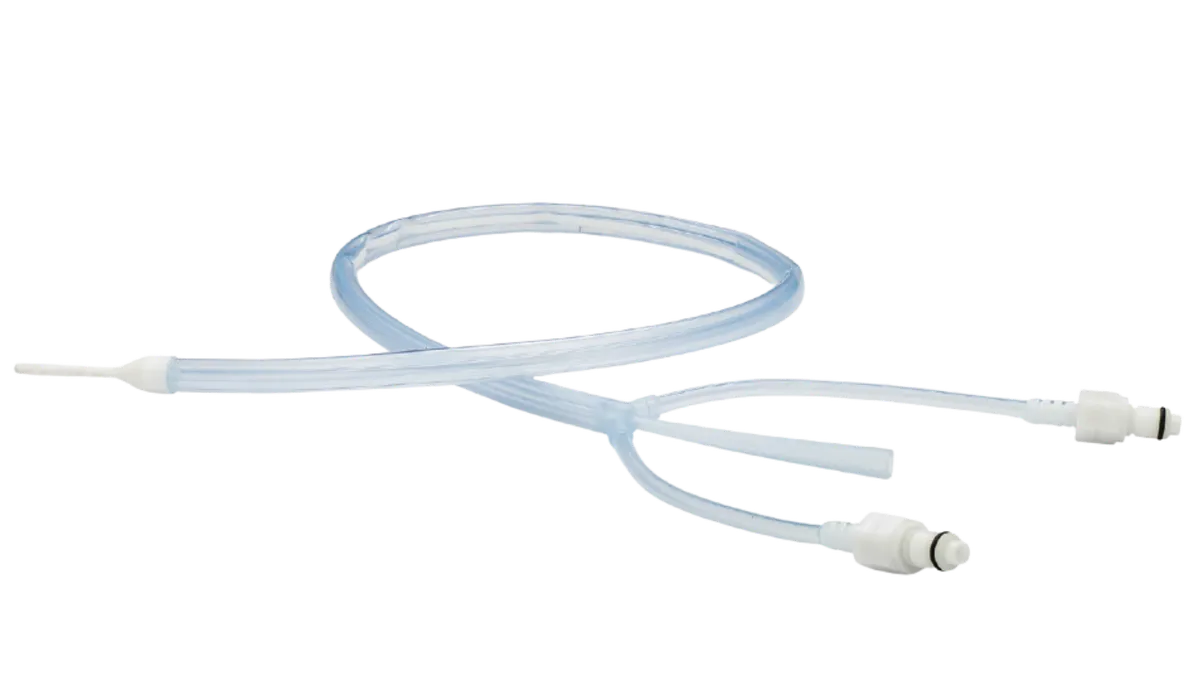Dive Brief:
- Haemonetics said Tuesday it has agreed to pay $160 million upfront to acquire Attune Medical, maker of a device to protect the esophagus from injury during radiofrequency cardiac ablation procedures. The agreement includes undisclosed additional payments based on reaching sales growth and other milestones.
- Radiofrequency ablation is used to treat atrial fibrillation, a form of irregular heartbeat. In the procedure, heat energy creates small scars in the heart to block the faulty electrical signals.
- Attune’s device is placed in the esophagus and connected to an external heat exchange unit to create a temperature management system to cool the esophagus during the ablation procedure.
Dive Insight:
Thermal injury to the esophagus is a risk during radiofrequency cardiac ablation due to its proximity to the heart and can be a fatal complication.
Attune’s device, called ensoETM, received de novo authorization from the Food and Drug Administration in September. The device is designed to reduce the risk of ablation-related esophageal injury from radiofrequency cardiac ablation procedures, and is the only temperature regulation device with the indication.
The system has been cleared to help in patient temperature control since 2015 for use in critical care and trauma, as well as burn, spine and cancer surgeries. More than 50,000 patients have been treated with the device, according to Chicago-based Attune.
Haemonetics makes a range of technologies used in electrophysiology, interventional cardiology and blood management.
Stewart Strong, Haemonetics’ global hospital president, said Attune’s device will boost Haemonetics’ presence in the electrophysiology market and complement its vascular closure business.
“EnsoETM effectively reduces esophageal injuries without requiring hospitals to purchase complex and costly new ablation systems,” Strong said in a statement.
Attune had about $22 million in revenue in 2023, more than double its revenue in the prior year.
Haemonetics anticipates completing the acquisition in the first quarter of its fiscal year 2025. The Boston-based device maker expects the acquisition to be immediately accretive to its revenue and earnings growth.










